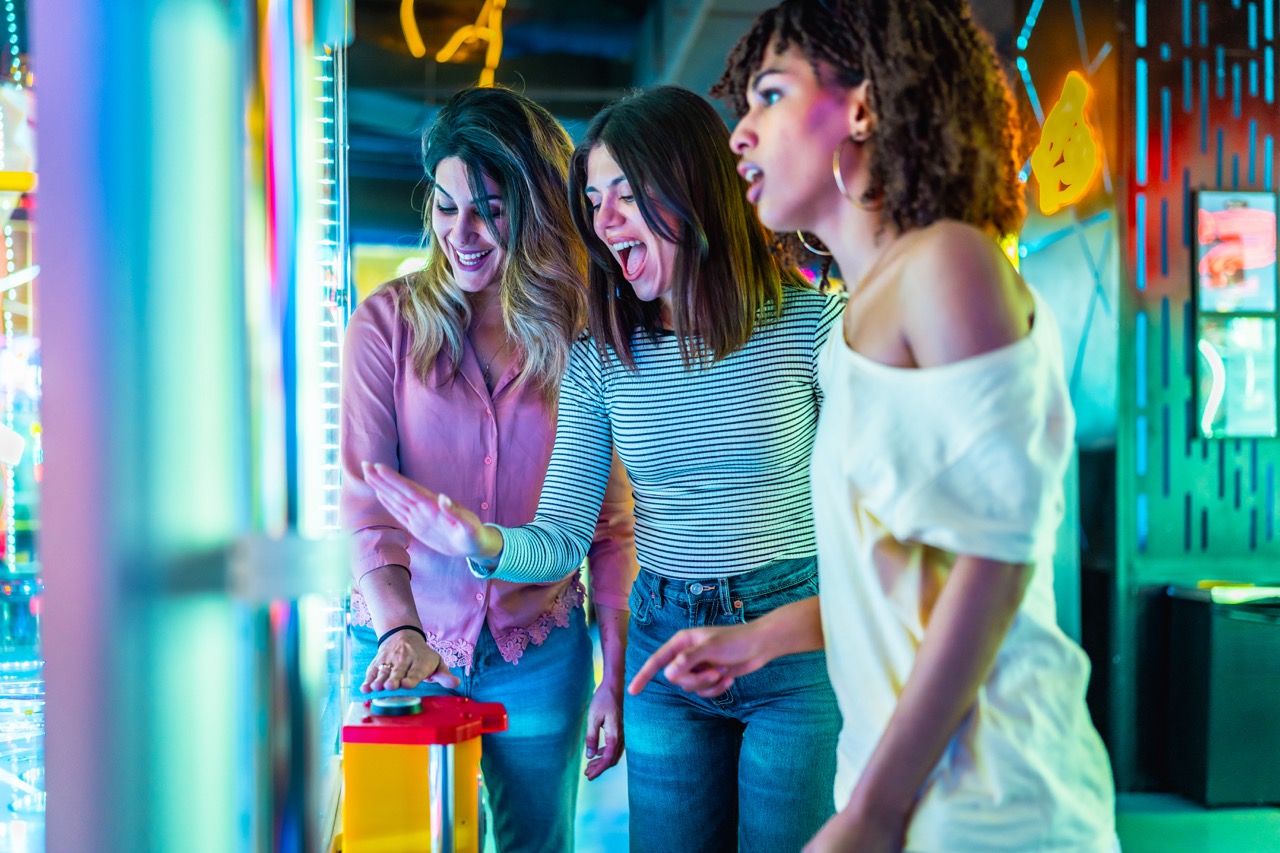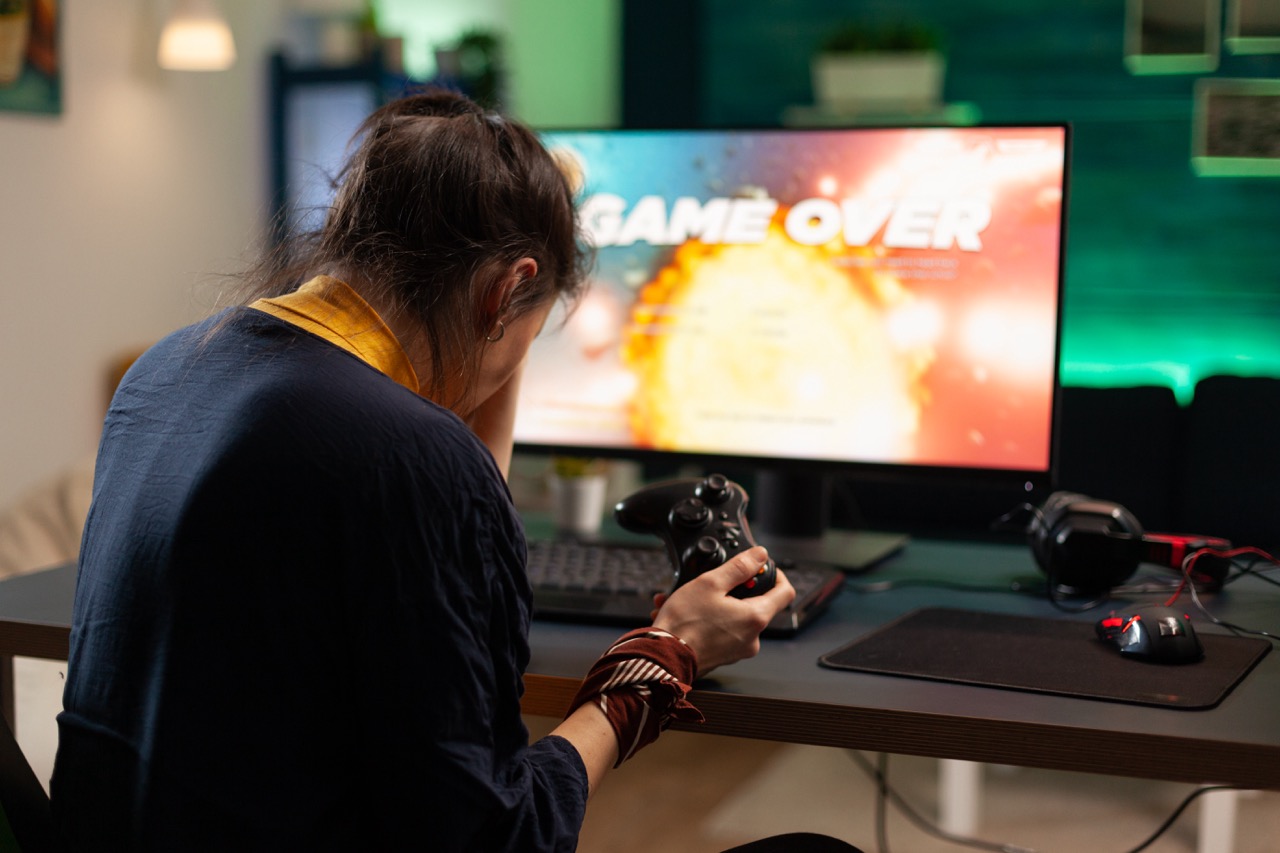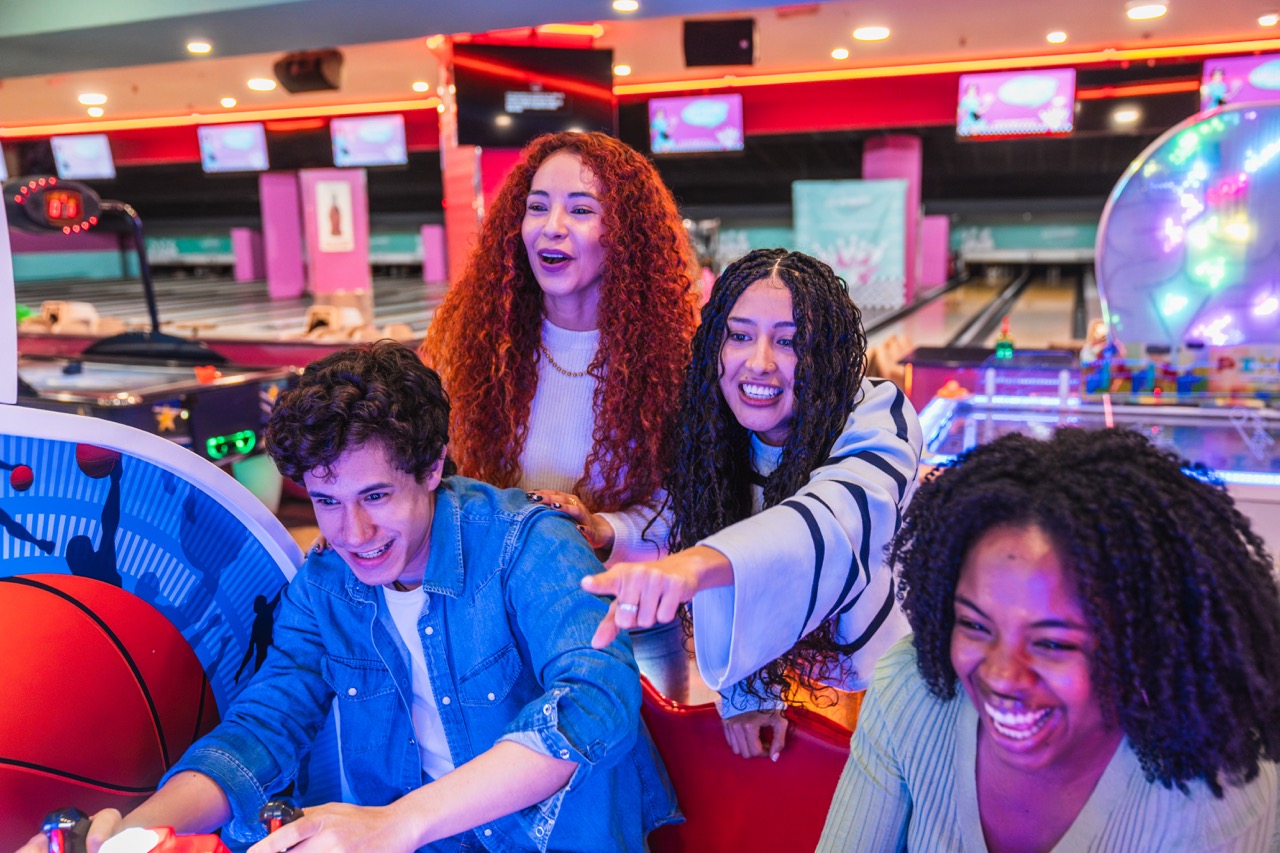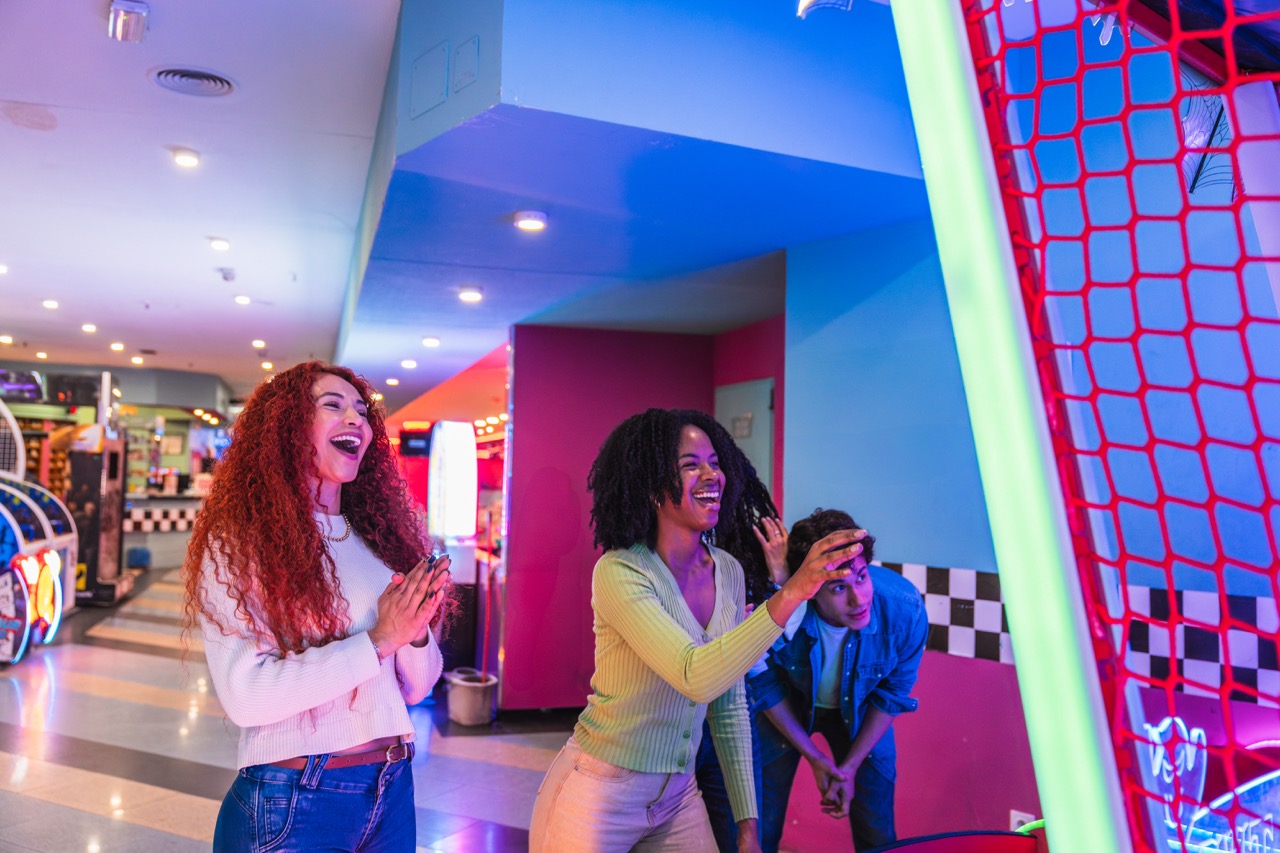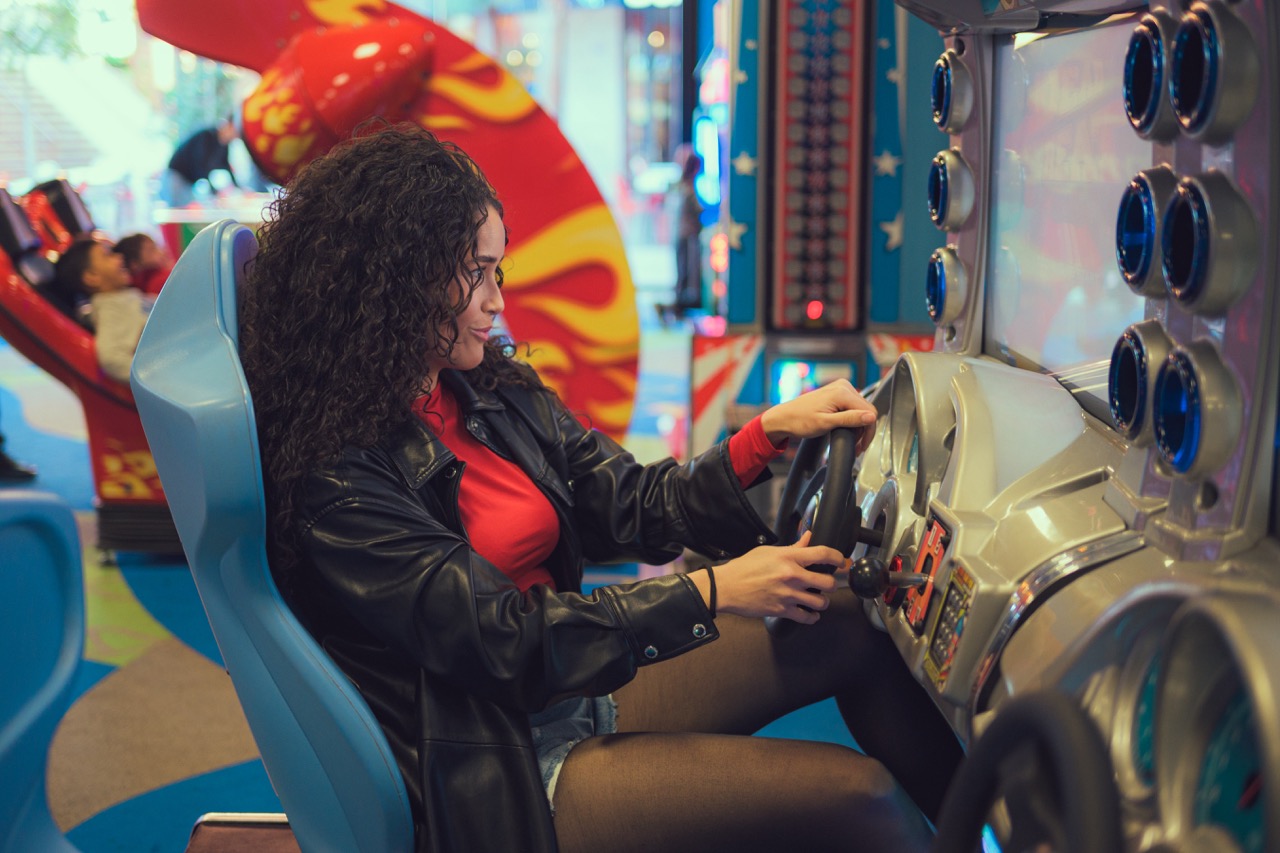High-performance gaming is not just about swift reflexes or strategic planning; it also delves deep into the intricate workings of the mind. Understanding the psychological factors that contribute to a gamer’s success can shed light on why some players excel while others falter. From motivation to teamwork dynamics, the mental landscape of gaming plays an integral role in shaping a player’s experience and performance. In this article, we’ll explore the underlying psychological elements that define high-performance gaming.
Understanding the Gamer’s Mind: Motivation and Focus
Motivation is a driving force in gaming that can make or break a player’s performance. Gamers are often fueled by intrinsic motivations like the desire for mastery, competition, or simply the love of the game. This passion helps maintain a high level of focus, which is crucial for executing strategies and making split-second decisions. The feeling of progress, whether through leveling up or improving skills, creates a feedback loop that reinforces commitment and enhances overall performance.
On the flip side, extrinsic motivations—like rewards, recognition, or monetary prizes—can also play a significant role. For some gamers, the allure of rankings and leaderboards acts as a powerful motivator, pushing them to invest hours honing their skills. However, while these external factors can boost performance, over-reliance on them might lead to burnout. Balancing both intrinsic and extrinsic motivations is key for a sustained gaming experience that fosters growth and enjoyment.
Focus, another critical component, often hinges on a gamer’s mindset. Techniques like visualization and mindfulness can enhance concentration levels, allowing players to enter a "flow" state where they are fully immersed in the game. This heightened state of awareness not only improves performance but also allows for better decision-making and adaptability—qualities essential for high-stakes gaming scenarios.
The Role of Stress: Thriving Under Pressure in Gaming
Stress is a double-edged sword in the world of gaming. For many, the pressure of competition can be a motivational force that sharpens focus and improves performance. Games often simulate high-stress environments, forcing players to make quick decisions under pressure. This "fight or flight" response can trigger adrenaline, heightening awareness and reflexes. Many players find that they perform better when they can channel this stress into their gameplay, turning potential anxiety into a competitive advantage.
However, not all stress is beneficial. Too much pressure can lead to performance anxiety, causing players to second-guess their decisions or become overwhelmed. This is where emotional regulation comes into play. Successful players often develop coping strategies, such as deep breathing or positive self-talk, to manage their stress levels effectively. By learning to navigate the psychological ups and downs of gaming, players can maintain their edge even in the most intense situations.
The ability to thrive under pressure also hinges on resilience. Resilient gamers are not just able to cope with stress but can bounce back from setbacks quickly. This mental toughness allows them to stay competitive and keep a positive mindset, even after a tough loss. In a world where gaming can be unpredictable, developing this mental resilience can make all the difference in achieving high performance.
Team Dynamics: The Psychology of Collaboration in Games
Team dynamics in gaming can significantly impact a player’s performance and experience. Effective communication, trust, and collaboration are essential components of successful teamwork. Players must understand each other’s strengths and weaknesses to optimize their roles within a team. This often necessitates a degree of psychological insight, as players need to gauge not only their teammates’ capabilities but also their emotional states. Stronger interpersonal connections can lead to improved synergy, which often translates to better in-game performance.
Moreover, team dynamics can be influenced by leadership styles. A supportive leader can uplift team morale, fostering a positive environment that encourages risk-taking and creativity. Conversely, a dominating or negative leader can stifle motivation and lead to frustration. Recognizing each team member’s contributions and maintaining an open line of communication can facilitate a more cohesive and effective unit, ultimately enhancing performance.
The psychology of collaboration also extends to conflict resolution. Disagreements are inevitable in any team setting, and how conflicts are managed can either strengthen or weaken team dynamics. Effective teams are usually those that can openly discuss issues and find common ground without letting disputes escalate. A healthy approach to conflict can bolster trust and camaraderie, allowing the team to perform at its best in high-pressure situations.
Balancing Act: Mental Health and Gaming Performance
As thrilling as gaming can be, it often comes with mental health challenges. The pressure to perform can lead to stress, anxiety, and even burnout. Players may find themselves caught in a cycle of over-gaming, which can take a toll on their mental well-being. Recognizing the signs of mental fatigue is essential; taking breaks and setting boundaries is crucial for long-term sustainability, both in gaming and in life.
Incorporating self-care practices into a gaming routine can help mitigate some of these mental health risks. This can include physical activities, social interactions outside of gaming, and even mindfulness exercises. A balanced lifestyle not only improves mental health but can also enhance gaming performance. When players prioritize their well-being, they often find they can engage with games more effectively, leading to improved focus and motivation.
Lastly, fostering a supportive community can make a significant difference in a gamer’s mental health. Engaging with like-minded individuals who share similar passions can offer emotional support, reducing feelings of isolation. Online and offline communities play a vital role in promoting positive mental health by providing a space for gamers to share experiences, celebrate successes, and discuss challenges openly. Building these connections can create a more enriching gaming experience, ensuring that mental health remains a priority.
The psychology behind high-performance gaming is multifaceted, touching on various aspects of motivation, stress management, team dynamics, and mental health. By understanding these underlying psychological elements, gamers can optimize their performance while maintaining a healthy relationship with the games they love. Whether you’re a casual player or a seasoned pro, recognizing the importance of mental well-being and collaboration can only enhance your gaming journey. So gear up, focus on your mindset, and enjoy the ride!






